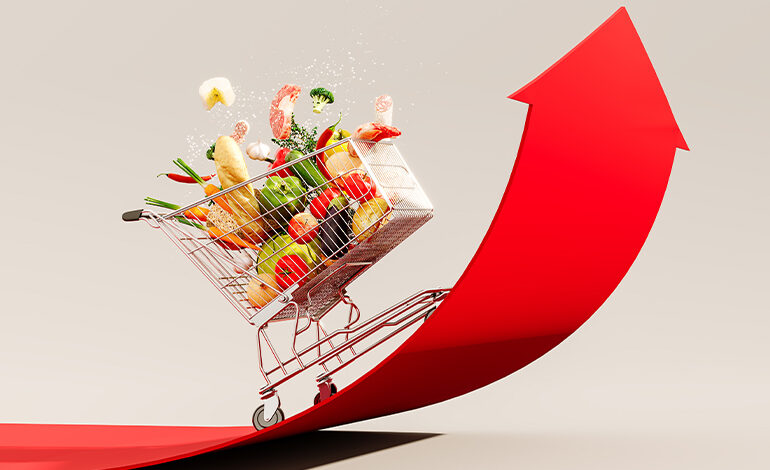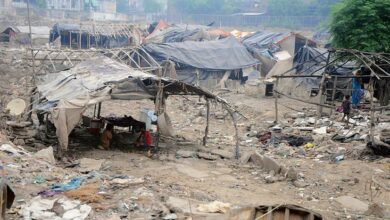Risk of over-borrowing by African governments (Business Africa)

The average inflation rate in Africa is expected to reach 13.5 % this year while 20 countries are on the verge of excessive debt. Is it still possible to avoid the stagnation of our economies?
In Nigeria, the business climate is gloomy and uncertain. From a lack of reforms to limited infrastructure, obstacles to growth are numerous/ companies are calling out to authorities in charge of the sector.
And in Rwanda, the digitalization of the continent was at the heart of the most important internet connectivity event in Kigali.
Sub-Saharan Africa’s debt now stands at about 60% of the GDP, while 40% of countries in the region are experiencing double-digit inflation. The cost of essential food is one of the factors driving this spike. 50% of staples making up the consumer basket are imported.
To solve this issue, experts are urging states to step up measures to increase their revenues.
International economist Magaye Gaye from Dakar and Dr. Lubinda Haabazoka from the University of Zambia, tell us more about this issue.
We now head to Nigeria. One of the most industrialized economies on the continent/faces enormous challenges in terms of electricity supply, infrastructure, and access to finance. All these are crippling start-ups and businesses. A forum on industrialization in the next decade was an opportunity to look for solutions to this plight.
Over a ten-year span, the total international bandwidth capacity in Africa has increased 50-fold and the number of cell phone subscribers has doubled, yet large areas lack access to network coverage. In Kigali, experts have been working on the subject.




